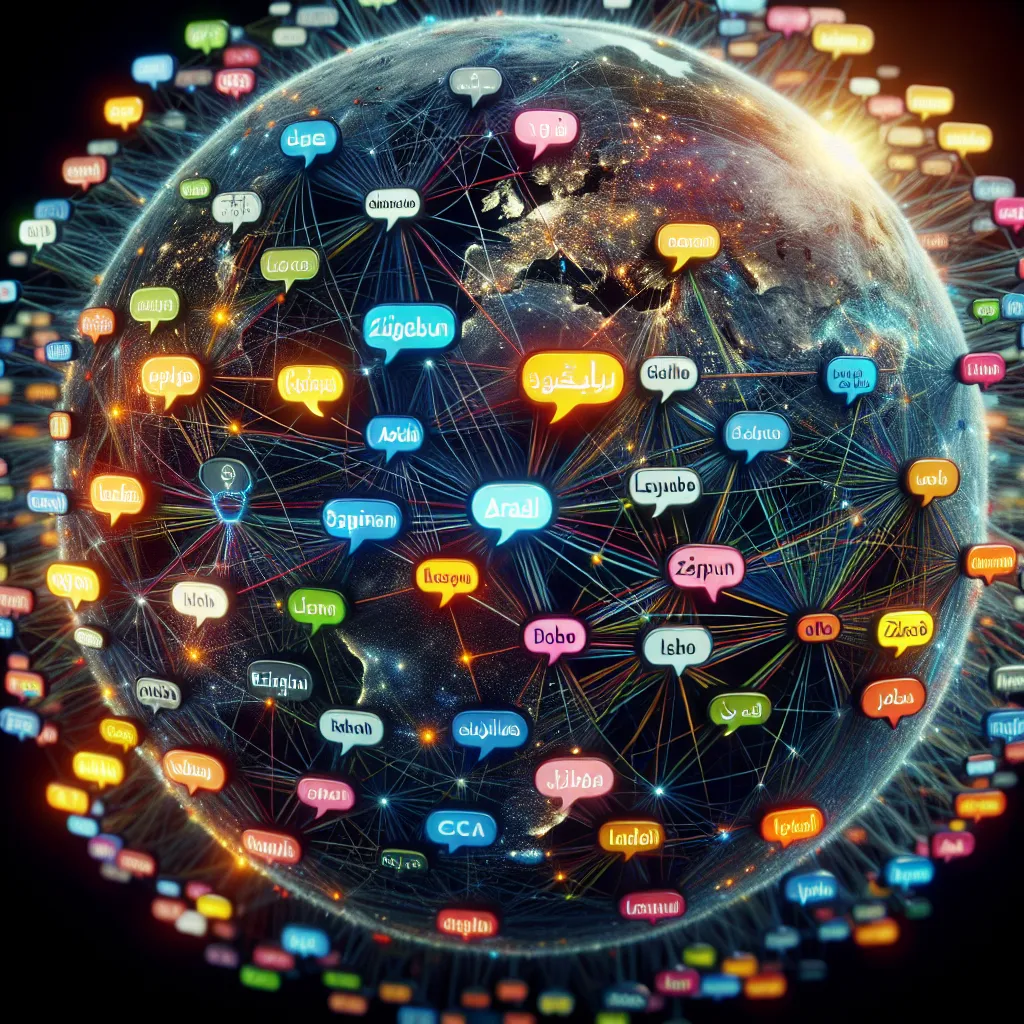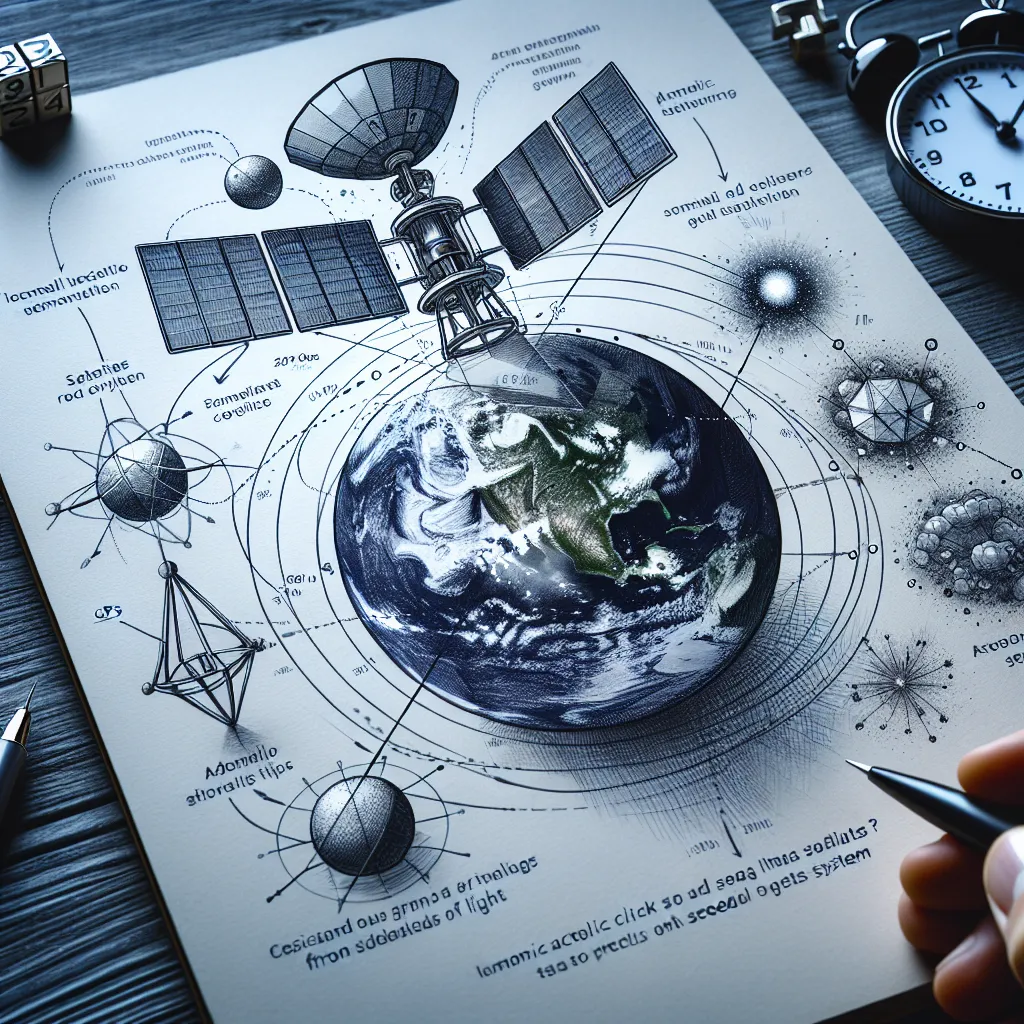Artificial Intelligence (AI) is touted by many as the last invention humanity will ever need to create. Why? Because AI has the potential to surpass human capabilities. More than just hardware and software, AI allows machines to learn. This machine learning enables programs to make decisions and think independently. Through continuous trial and error, these machines can refine their processes to perfection. Eventually, they might think in ways we can’t even comprehend. This self-improvement capability means AI could potentially create even better versions of itself, leading to an ongoing cycle of innovation beyond human reach.
However, the industry is currently dominated by a small group of formidable companies. Their role in shaping the future of AI is both promising and concerning. On one hand, a few dominant players could streamline technology standards and implement safety regulations, reducing potential risks. On the other, this concentration of power might make these companies overlords of our digital future.
So, who are these key players?
Alibaba, the world’s third-largest e-commerce company, is investing a staggering $15 billion in AI-related research across multiple countries. Their innovations include a chatbot that understands human emotions and AI-powered robots that streamline their warehouse operations.
Amazon, the largest e-commerce giant, has embedded AI into its core with technologies like Alexa, Amazon Recognition, and AI-guided drones. Their machine learning algorithms enhance shopping experiences, from product search rankings to ad placements.
Apple continues to innovate beyond its Siri voice assistant. By hiring top talent like Google’s former AI chief and investing heavily in AI startups, Apple aims to protect user data while leveraging it to innovate further.
Baidu, China’s leading AI firm, uses facial recognition for employee identification and has a powerful voice assistant, DuerOS. With the Chinese government’s support for AI, Baidu is thriving in a rapidly growing market.
Facebook leverages AI to manage content on its platform, serving billions of users. Their deep learning software monitors and curates content, from news feeds to photo tags, and even flags potential fake news.
Google’s aggressive AI research spans from self-driving cars to search algorithms. Their acquisition of DeepMind, famed for beating human champions in Go, underlines their AI-first vision.
IBM’s Watson, initially known for its Jeopardy performance, is now helping various industries from healthcare to insurance. IBM’s longstanding MIT partnership and hefty investment in AI keep them at the forefront.
Microsoft has invested in AI extensively, acquiring multiple AI startups and using the technology to power applications like Skype and Cortana. Their venture capital fund continues to support new AI innovations.
Tencent, China’s multi-faceted tech holding company, uses AI across numerous platforms, from social media to payments. With looser consumer privacy laws in China, Tencent has a vast playground for testing and implementing AI.
These nine companies are shaping our AI-driven future. It’s an evolving landscape with immense potential and risks. As they forge ahead, the rules of innovation and dominance in technology continue to be rewritten.






